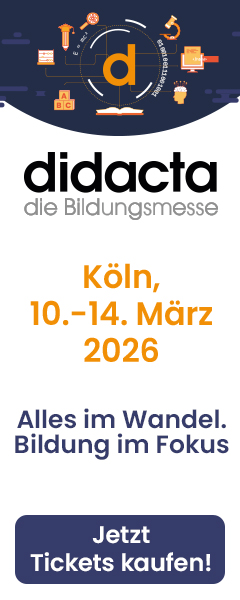Mobile Stories for Local Language Reading
Washington, D.C. (USA), February 2015 - A mobile storytelling project that will bring reading to Zambian children, who often have no access to books at home, is one of fourteen winners of a literacy-innovation competition by the U.S. Agency for International Development. Developed by Creative and called Makhalidwe Wathu, the mobile storytelling project will be integrated into the Agency's current Read to Succeed program in Zambia.
"Winners [of the competition] represent the most promising, creative, and impactful solutions in literacy innovations and were chosen from a competitive process that elicited 213 proposals from 50 countries," according to a USAID press release. It is selected as part of USAID's All Children Reading: A Grand Challenge for Development.
Makahalidwe Wathu, which means "our way of staying" in the local Chinyanja language, will use crowdsourcing to collect local stories, folktales, and original content from community members in Zambia and the diaspora using cell phones, voice messages, and a web-based submission form.
From this story bank, 54 selections will be edited to be language and age appropriate and sent via SMS to primary school students - which will increase their reading ability and improve their attitudes.
"Where children's books are rare, it follows that literacy is low," says Creative's co-founder and CEO Charito Kruvant. "But we can look beyond these old limitations and innovate to bring reading to children and communities. That's what Makhalidwe Wathu is doing."
Fewer resources means poor reading performance
In Zambia, limited access to reading materials, especially in local languages, has inhibited children's ability to master foundational literacy skills.
With so few mother-tongue books and materials at home, parents and community members rarely find ways to support children in reading outside of school. As a result, children do not have adequate opportunities to practice reading, and the result is clear: The South African Consortium for Monitoring Education Quality noted in 2010 that only 27.4 percent of sixth graders could read at a basic competency level.
Although literacy is low in Zambia, rates of mobile-phone usage are quite high. Makhalidwe Wathu capitalizes on this mobile technology to create and disseminate recreational mother-tongue reading materials to families with early grade children in Zambia in a way that is community based and scalable.
Makhalidwe Wathu raises awareness about the importance of early grade literacy and encourages a culture of mother-tongue storytelling and reading that will excite and energize students. The added time spent reading with family members also creates a stronger support system for young students to continue practicing reading outside of school.
"There is a passion for storytelling in Zambia and a strong desire to help children preserve their linguistic heritage while learning to read," says Tassew Zewdie, who directs Creative's Read to Succeed program in Zambia. "This innovation brings young people their own timeless stories, as it capitalizes on their digital lives."










